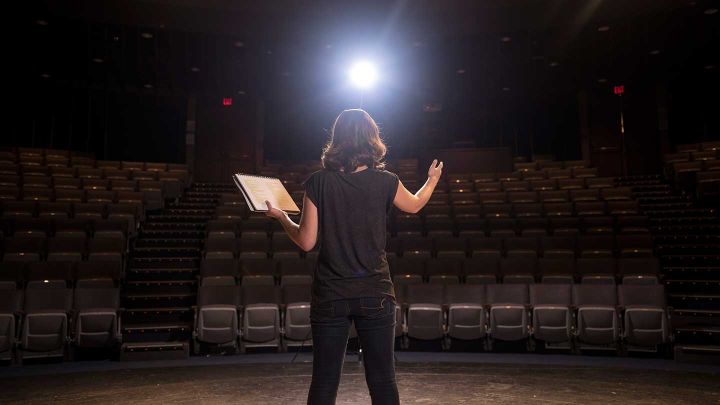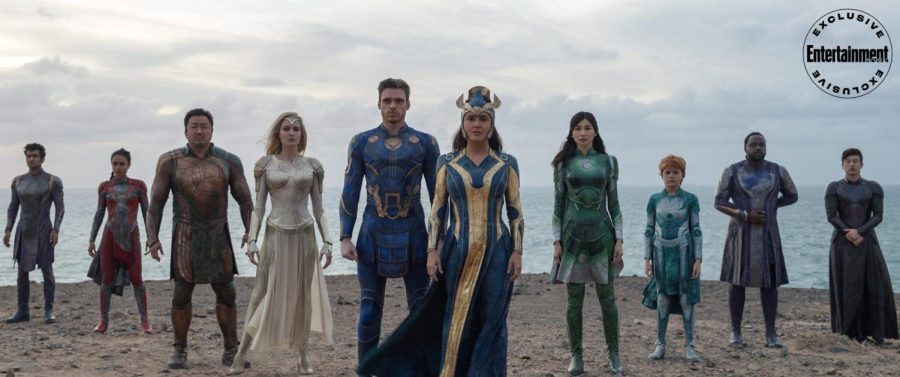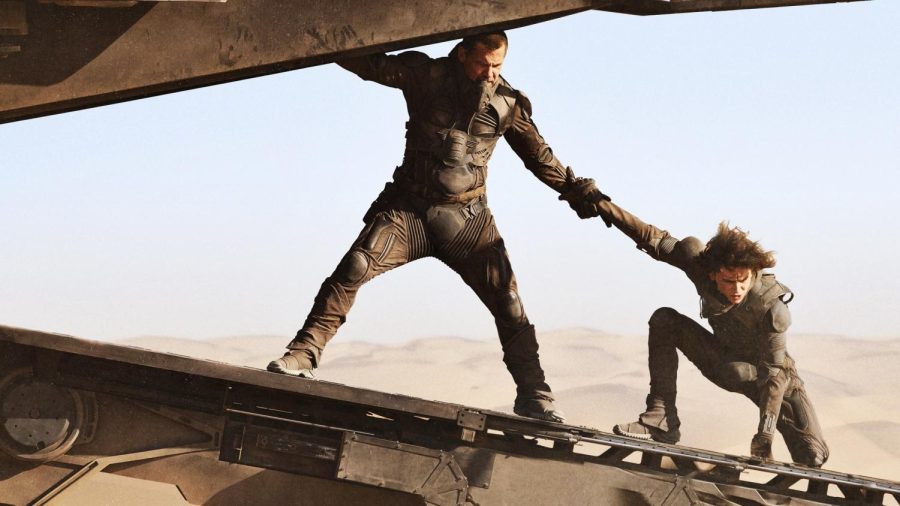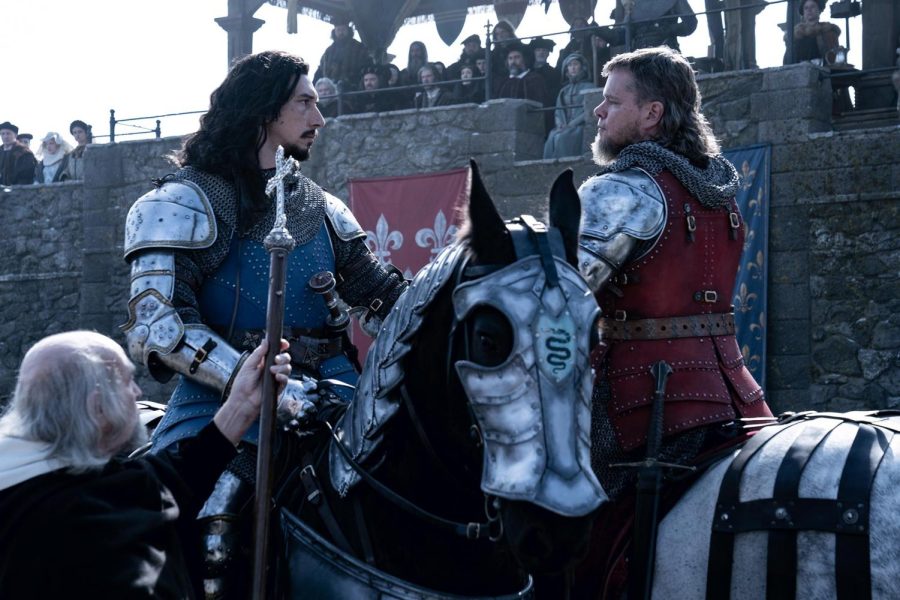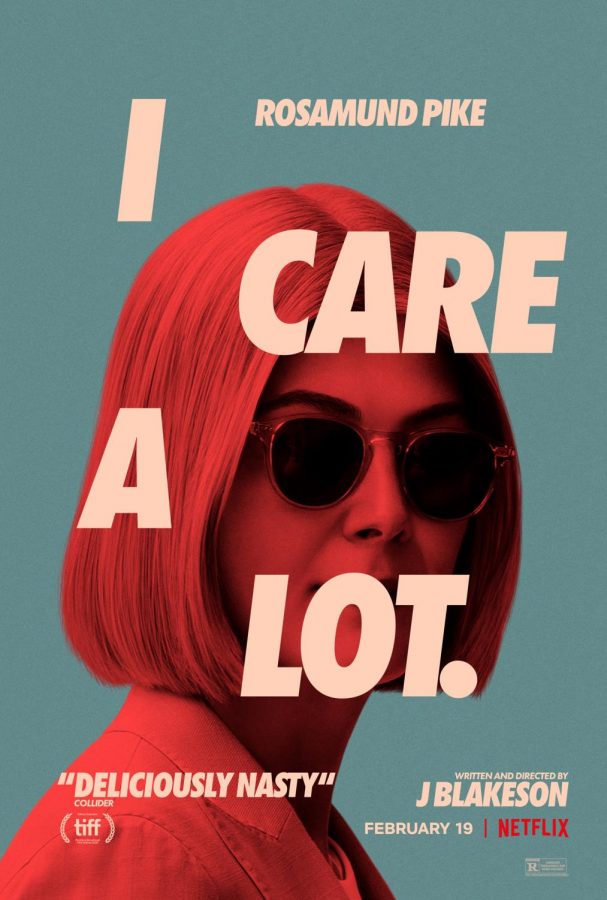Perhaps the most admirable thing about “22 Jump Street” is that, despite having a big-name cast, a big budget and big standards to live up to, it never takes itself too seriously. The film recognizes exactly what it is: a sequel to a reboot of the 1980 crime drama television series “21 Jump Street.” The 2012 summer comedy of the same name, a buddy cop film that follows the exploits of two acquaintances-turned-partners in their mid-20s who are sent back to high school to bust a drug distribution ring, was a surprise box office hit.
There were a couple of things running against the film from the start. Generally, reboots do not perform as well as their source material; in the film industry, the adage “If it ain’t broke, don’t fix it” often rings true. Many also had concerns that leads Jonah Hill and Channing Tatum would lack the chemistry to make the laughs flow freely.
But 2012’s “Jump Street” did something different. Apart from modernizing the original source material, which had fallen almost entirely into obscurity for millennials, it changed genres, giving movie-goers a comedy instead of a drama, complete with an outrageous premise and lewd, laugh-out-loud humor from Hill and Tatum. And not only did the film work, but it proved doubters’ worries unfounded, surpassing both audience and critic expectations alike. Cue sequel.
Enter “22 Jump Street,” directed by Phil Lord and Christopher Miller, who bring back the dynamic duo Hill and Tatum. Hill and Tatum portray the driven, sensitive, insecure Schmidt and the apathetic, bullheaded jock Jenko respectively.
The film’s premise is essentially identical to its predecessor, and this fact is conveyed to the audience in a humorous nudge-nudge-wink-wink moment between Schmidt, Jenko and Deputy Chief Hardy (Nick Offerman) in which the deputy tells the pair to “do the same thing as last time. Everyone’s happy.” And yes, as if it really matters, “22” follows the same exact format as the last film. But this time around, the boys go to college where they must track down the distributor of a new drug called WHYPHY (pronounced Wi-Fi).
Thankfully, Hill and Tatum’s chemistry doesn’t change, either. Throughout their operation, the two must overcome obstacles in their friendship before they can come out the other side as brothers united in purpose. These tensions are infused with a dash of humor and become one of the film’s running jokes, which draws a comparison between Schmidt and Jenko’s relationship with that of a gay couple’s. One scene in particular has the two engage in a couple counseling session to help put some spark back into their dying friendship.
Ultimately, “22 Jump Street” succeeds where other comedy sequels have failed. It features bigger laughs, bigger hearts and bigger calamities. The duo of Hill and Tatum carry the sequel, which rivals, if not surpasses, its predecessor, a notably difficult feat in Hollywood. “22” is fond of reminding audiences of the first installment’s surprising success. Offerman’s character ramps up the meta by informing the two cops, in a scene which is subtle enough to sail over the heads of those who skipped “21,” while still eliciting chuckles from returning fans, that nobody cared about the Jump Street reboot and that by all expectations it should have failed. The deputy goes on to say that the department doubled Jump Street’s budget “as if spending twice the money guaranteed twice the profit.” Spending twice the money seems to have been a wise investment, because “22 Jump Street” certainly pays off!




